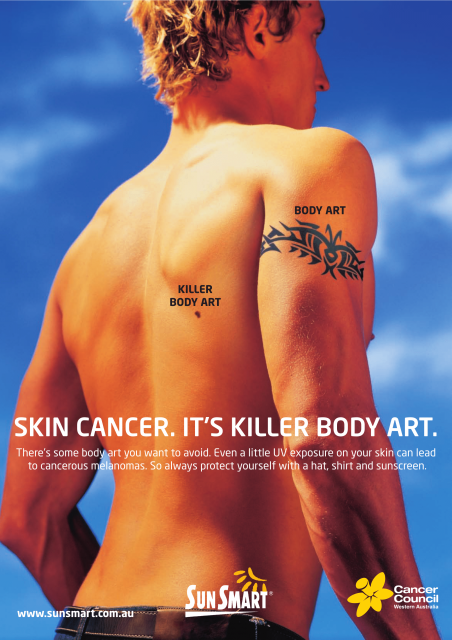Skin Cancer Screening, Mole Checks & Excision
Skin cancer accounts for a majority of newly diagnosed cancers in Australia. The incidence rate is two to three times higher than in Canada, the US, and the UK. Early detection is critical as an increasing number of people are diagnosed each year.
There are three main types of skin cancer:
- Melanoma: Melanoma is the most serious and can become life-threatening if left untreated. It can be treated effectively when detected in its earliest stages.
- Basal cell carcinoma: This is the most common type and typically develops on sun-exposed areas including the neck, shoulders, and back.
- Squamous cell carcinoma: This is another common form of skin cancer that develops in the outer layers of the skin and is usually treatable.
Anyone can develop skin cancer but frequent sun exposure dramatically increases the risk. The good news is that most cases are highly curable when detected early.
Look for any of the following on your body:
- New moles or freckles that change in size, shape or colour over a period of weeks to months
- Large spots or moles
- Small, scaly patches or lumps
If you notice any unusual spots on your skin, make a booking immediately to a skin cancer clinic in Perth.
Screening Tests
The sooner a skin lesion is detected, the better your chances of successfully treating it.
Nova Medical Centre Stirling uses the latest equipment to magnify and digitally inspect potentially cancerous lesions. All images are digitally scanned into our filing system to track any changes over time. The procedure lasts around 15 minutes, and is completely painless and safe.
Your practitioner will first ask a set of questions to better understand your level of risk. Because skin cancer and melanomas can develop anywhere on the skin, we recommend a fully body screening. We conduct a comprehensive review of your skin for any abnormal moles or lesions.
Screening involves the use of high resolution imaging equipment and dermoscopy, a specialised technique to evaluate pigmented skin lesions. This is the screening standard to accurately screen and detect skin cancers in its early stages.
Treatment
The screening will reveal any lesions or moles that are at risk of being or becoming cancerous. Your physician will determine if further action is needed and will discuss the results with you in detail. Treatment options depend on the stage and type but most skin cancers are removed with a local excision. This involves a simple procedure which can be performed in our centre.
Contact us today or book online at our modern practice for mole removal.





